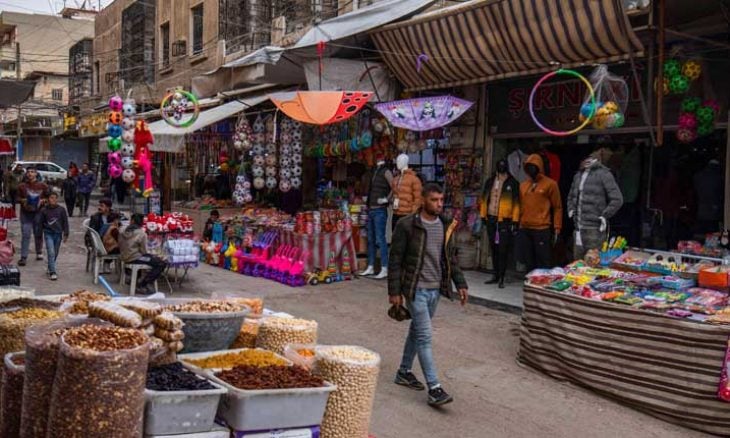The Syrian Network for Human Rights (SNHR) has called for the lifting of economic sanctions on Syria following the dramatic fall of Bashar al-Assad’s regime earlier this month. The organization, a prominent independent human rights body established in June 2011, has been a key source for the United Nations on human rights violations and casualty figures in Syria.
A New Era in Syria
In a statement released on Monday, December 16, 2024, the SNHR highlighted the profound transformations in Syria since December 8, when Bashar al-Assad reportedly fled to Moscow. The fall of his regime has led to the opening of prisons and security branches, as well as the cessation of indiscriminate bombings and killings, marking a turning point in the country’s tumultuous history.
The SNHR argues that, with the former regime gone, the rationale for maintaining broad economic sanctions—implemented as a response to crimes against humanity and war crimes committed by the Assad government—has largely disappeared.
The United States, the European Union, and other nations imposed economic and political sanctions on Syria starting in 2011 to address the Assad regime’s grave human rights violations, including mass killings, torture, forced disappearances, and widespread displacement. These measures, including the Caesar Act, were designed to hold the regime accountable and push it toward a political resolution.
While the SNHR has historically supported these sanctions, particularly those targeting key individuals linked to the regime, it now warns that their continuation may hinder Syria’s recovery. The country faces immense challenges, including rebuilding destroyed infrastructure, restoring essential services, and reviving its economy.
The SNHR emphasizes that sanctions on Syrian financial institutions, such as the Central Bank, have disrupted the country’s financial stability, leading to inflation, liquidity shortages, and challenges in accessing critical resources. These factors, the group argues, could obstruct humanitarian efforts, deter refugee returns, and delay reconstruction
Recommendations for the Path Ahead
The SNHR outlined several recommendations for the international community, the future Syrian government, and humanitarian organizations:
- Lifting Economic Sanctions: Gradually lift sanctions on Syrian institutions to enable recovery, while ensuring reforms in human rights and transitional justice.
- Retaining Individual Sanctions: Maintain sanctions on approximately 300 individuals associated with the Assad regime, including Bashar al-Assad, Asma al-Assad, Maher al-Assad, and Rami Makhlouf, to ensure accountability for past crimes.
- Enhancing Transparency: Implement strict oversight mechanisms to prevent corruption or misuse of resources in the reconstruction process.
- Rebuilding and Reforms: Encourage the new Syrian government to commit to political and legal reforms that protect human rights and promote justice and equality.
- Supporting Humanitarian Efforts: Facilitate the flow of aid, rebuild critical infrastructure, and support the safe return of refugees and internally displaced persons.
A Call for International Collaboration
The SNHR urged international organizations, including the United Nations, to mediate in lifting sanctions and monitor the implementation of reforms. The group also called on regional countries to support Syria’s economic stability and foster partnerships for rebuilding trade and infrastructure.
Accountability Remains Central
Despite advocating for the lifting of economic sanctions, the SNHR stressed the importance of justice and accountability for human rights abuses. The group reaffirmed its commitment to documenting past violations and ensuring that individuals responsible for crimes against humanity face prosecution.
The statement concluded with a plea for unified global efforts to aid Syria’s transition, balancing the need for recovery with the imperative of justice and human rights.
This article was translated and edited by The Syrian Observer. The Syrian Observer has not verified the content of this story. Responsibility for the information and views set out in this article lies entirely with the author.


